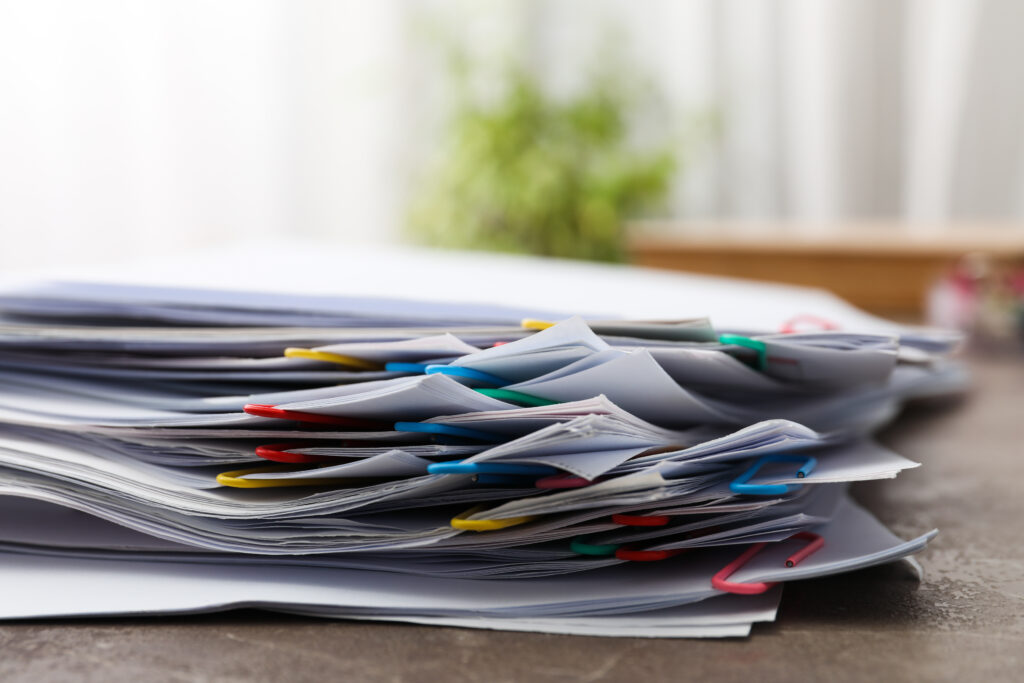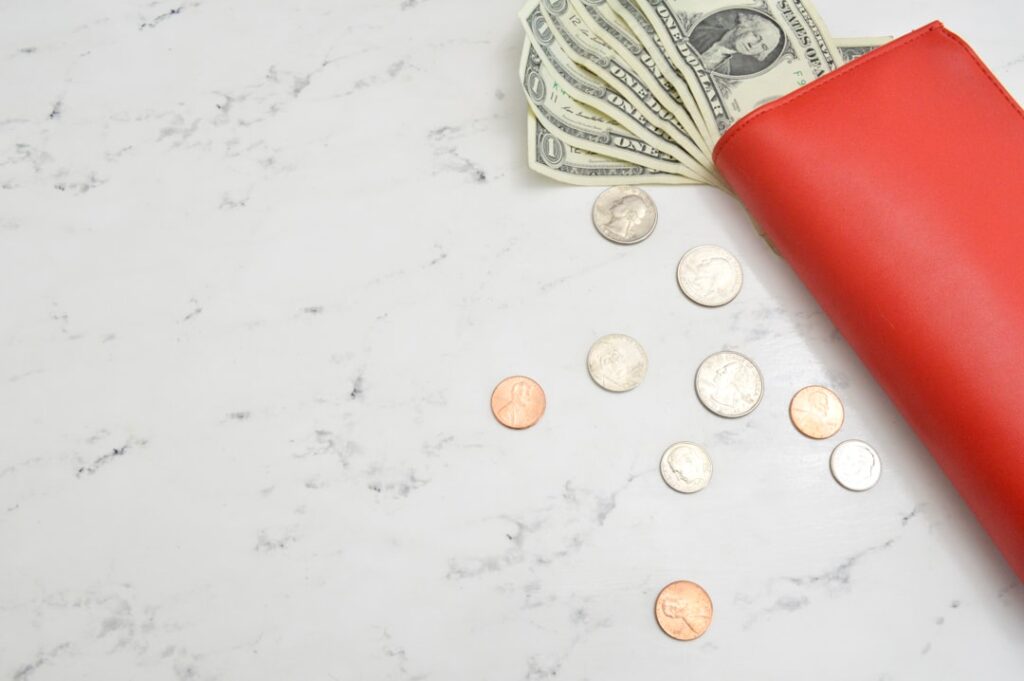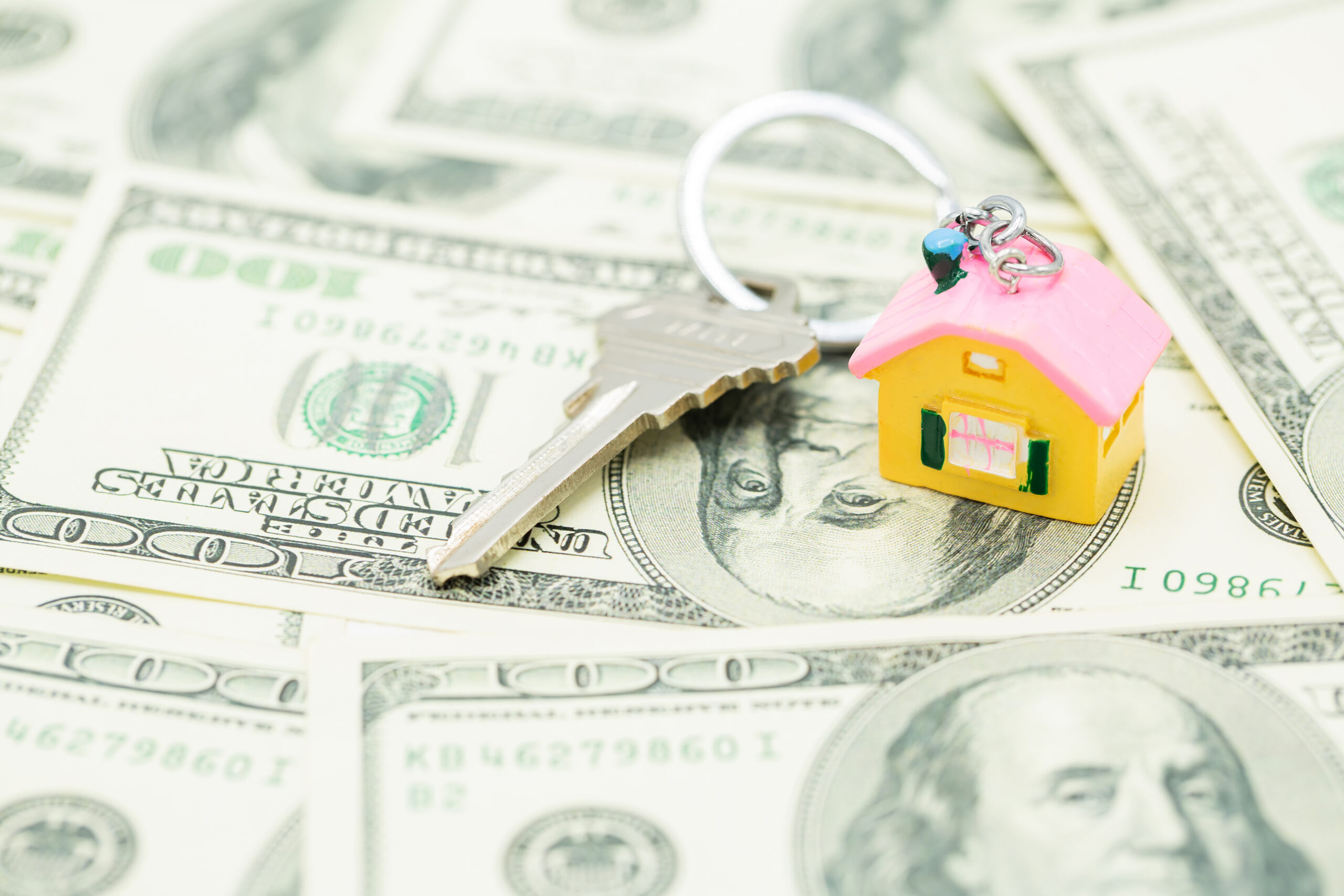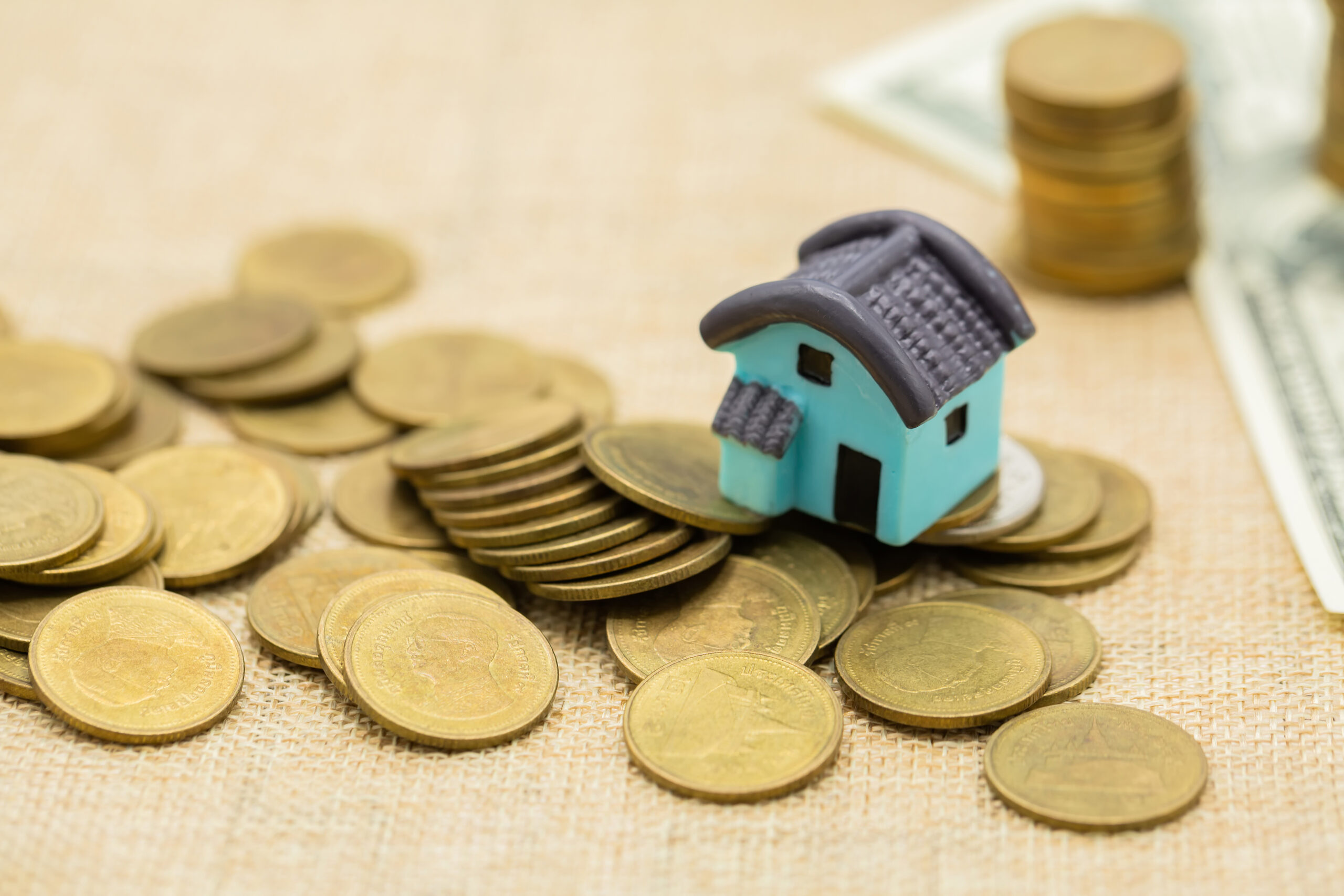Paying off a mortgage is a significant financial milestone for many homeowners. While the idea of owning your home outright can be appealing, the journey to get there can feel daunting.
The good news is that with the right strategies, you can pay off your mortgage faster than the typical 30-year term. In this article, we will explore practical and effective ways to pay off your mortgage faster, saving you money on interest and freeing up your financial future.
Why Paying Off a Mortgage Faster Makes Sense
Financial Benefits of Paying Off Your Mortgage Early
One of the most compelling reasons to pay off your mortgage faster is the potential to save a significant amount of money in interest. Mortgages, particularly those with long terms, can cost you thousands—if not tens of thousands—of dollars in interest over the life of the loan.
By accelerating your payments, you can reduce the overall amount of interest you pay and reduce your financial burden. Want to cut down on interest payments and free up cash flow? Learn how to pay off your mortgage in as little as five years with a custom strategy. Find out more here.
Psychological Benefits: Peace of Mind
There’s a strong psychological benefit to paying off a mortgage early. The sense of relief that comes from knowing you own your home outright is priceless. Financial stress can weigh heavily on homeowners, but paying off your mortgage can provide a sense of security and freedom that most people can’t put a price on.
Long-Term Impact: Accelerating Wealth-Building
When you pay off your mortgage faster, you free up more money that can be used to build wealth. With a smaller monthly payment, you can redirect funds into investments, retirement accounts, or savings, accelerating your financial growth. In the long term, being mortgage-free can have a significant impact on your overall wealth.
Understand Your Mortgage Terms Before Making Changes

Before making any changes to your mortgage repayment strategy, it’s essential to understand the terms of your loan. This will allow you to make informed decisions that work with your mortgage.
Interest Rates and Loan Type: Fixed vs. Variable Rates
The type of mortgage you have—fixed-rate or variable—will influence how much you save by paying off your mortgage faster. With a fixed-rate mortgage, your interest rate remains the same for the life of the loan, which means paying off your mortgage early can significantly reduce the amount of interest you pay. On the other hand, with a variable-rate mortgage, your interest rate fluctuates, so it’s important to consider how changes in the rate will affect your savings.
Prepayment Penalties
Before you start making extra payments on your mortgage, check whether there are any prepayment penalties. Some loans have clauses that penalize borrowers for paying off their mortgages early, especially if you’re making large lump-sum payments. If you’re unsure, reach out to your lender to clarify your mortgage agreement.
Refinancing Options
Refinancing can be an excellent way to lower your mortgage rate and shorten the loan term. If you qualify for a better rate or want to switch to a shorter term (e.g., from a 30-year mortgage to a 15-year mortgage), refinancing can save you money in the long run. Be mindful of the costs associated with refinancing, but if it aligns with your financial goals, it can be a worthwhile strategy.
Extra Monthly Payments: One of the Easiest Ways to Pay Off Your Mortgage Faster
Making Extra Principal Payments
One of the most straightforward ways to pay off your mortgage faster is by making extra payments toward the principal. Even small additional payments can have a significant impact on the speed at which you pay off your mortgage. By reducing your loan balance faster, you’ll pay less in interest over the life of the loan.
For example, if you make an extra $100 payment each month, it can shave years off your mortgage and save you thousands in interest. You can make these payments monthly or in lump sums whenever you have extra cash flow.
Bi-Weekly Payments: A Sneaky Way to Pay Off Your Mortgage Faster
A simple way to speed up your mortgage payoff is to switch to bi-weekly payments. Instead of making one monthly payment, you make half of your regular payment every two weeks. This approach results in one extra payment per year, which helps to reduce your mortgage balance more quickly.
For instance, if your monthly mortgage payment is $1,500, making bi-weekly payments of $750 will result in an extra $1,500 paid off each year. This seemingly small change can add up over time, helping you pay off your mortgage years sooner.
Proportional Increases: Small Adjustments Add Up
You don’t have to make drastic changes to your mortgage payments to see results. Even small increases—such as adding an extra $50 or $100 to your monthly payment—can have a significant impact over the life of your loan. These incremental increases can be manageable, especially if you can commit to them consistently.
Lump-Sum Payments: When to Consider a Large Payment
Using Windfalls to Pay Down Your Mortgage
Lump-sum payments can significantly reduce your mortgage balance in a short period. If you receive a financial windfall, such as a tax refund, inheritance, or bonus, consider putting a portion (or all) of it toward your mortgage. This can result in a large reduction of your principal and save you thousands in interest.
For example, if you receive a $5,000 tax refund, applying it directly to your mortgage principal can shave years off your loan. While it may be tempting to use windfalls for other expenses, putting them toward your mortgage can offer long-term financial freedom.
The Impact on Your Loan Term
A large lump-sum payment can dramatically reduce your mortgage term. By making a one-time payment, you’re not only lowering your current balance but also reducing the amount of interest that accrues over time. This can shorten the life of your loan and save you money in the long run.
Refinancing to a Shorter Loan Term
Advantages of a 15-Year Mortgage
Refinancing to a shorter loan term, such as a 15-year mortgage, can provide substantial savings on interest. Shorter terms generally come with lower interest rates, which can reduce the overall cost of your mortgage. While your monthly payments may be higher, you’ll pay off your home in half the time and save a significant amount in interest.
For example, refinancing a $300,000 mortgage with a 30-year term at 4% interest could cost you $215,000 in interest over the life of the loan. Refinancing to a 15-year term at 3% interest would save you nearly $100,000 in interest, despite the higher monthly payments.
How Refinancing Helps Reduce Overall Interest Payments
When you refinance to a shorter-term loan, you’re essentially accelerating the repayment process, which reduces the amount of interest you’ll pay over time. This strategy is particularly effective if interest rates are lower than your current rate or if you’re in a financial position to afford higher monthly payments.
Join the 5-Day “Cashflow Empire Live” challenge to get a custom mortgage payoff plan that can eliminate 25 years of interest payments. Reserve your spot here.
Cutting Back on Expenses to Allocate More Toward Your Mortgage
Reviewing Your Monthly Budget
One of the easiest ways to free up money for your mortgage is to review your budget and cut back on non-essential expenses. Look at areas where you can reduce spending, such as dining out, entertainment, or subscription services. Redirect the money you save directly toward your mortgage payments.
By cutting back on your discretionary spending, you can make a significant impact on your mortgage balance without having to make drastic lifestyle changes.
Redirecting Savings to Your Mortgage
Another way to pay off your mortgage faster is by redirecting savings from other areas of your life. If you’ve been saving for a vacation or a big purchase, consider using those funds to pay off your mortgage. While it might delay other plans, the long-term benefit of mortgage freedom will outweigh the short-term sacrifice.
Side Income Streams to Help Pay Off Your Mortgage Faster

Freelancing or Part-Time Work
If you’re looking to pay off your mortgage faster, side income can be an excellent solution. Whether it’s freelancing, consulting, or picking up a part-time job, additional income can help you make larger mortgage payments. You can use this extra money to pay down your principal or to make lump-sum payments throughout the year.
Renting Out a Room or Property
If you have extra space in your home, renting it out can be a great way to generate additional income. Whether it’s renting out a room on Airbnb or leasing out a separate unit, rental income can go directly toward paying off your mortgage faster.
Investing Wisely
Investing in the stock market, real estate, or other opportunities can also help you accumulate wealth that can be used to pay off your mortgage. The key is to make smart, informed decisions and allocate your earnings strategically toward your home.
Using the Debt Avalanche or Debt Snowball Method
Debt Avalanche Method
The debt avalanche method involves prioritizing high-interest debt first, which helps you save the most money in interest. If you have other debts in addition to your mortgage, start by paying off the highest-interest debt first while making minimum payments on others. Once that debt is paid off, move to the next highest-interest debt, and so on. This approach can help you pay off your mortgage faster while saving on interest.
Debt Snowball Method
The debt snowball method focuses on paying off smaller debts first to build momentum. While this approach may not save you as much on interest, it can provide a psychological boost as you eliminate smaller balances. Once you’ve paid off smaller debts, you can redirect that money toward paying off your mortgage.
Automating Payments for Consistency
Setting Up Automatic Payments
Setting up automatic payments is a simple and effective way to stay consistent with your mortgage repayment. By automating your payments, you ensure that you never miss a due date and that extra payments are made toward your principal regularly.
Increasing Your Payment Amount Over Time
Once you’ve set up automatic payments, you can increase the amount over time. For example, you could start with your regular mortgage payment and gradually increase it by $100, $200, or more each year. Automation makes it easy to manage, and the impact of small increases will add up over time.
The Power of Consistency: Small Changes Add Up Over Time
How Small, Consistent Changes Lead to Big Results
The key to paying off your mortgage faster is consistency. Small, consistent changes—whether it’s extra payments, lump sums, or increased monthly contributions—will have a cumulative effect. Over time, these small changes will add up to significant savings on interest and a shorter loan term.
Tracking Progress and Staying Motivated
To stay motivated, track your progress. Use online tools or apps to visualize how much you’ve paid off and how much interest you’ve saved. Celebrate milestones along the way to keep your momentum going.
Conclusion
Paying off your mortgage faster is a challenging but rewarding goal. By employing strategies like making extra payments, refinancing, cutting back on expenses, or earning side income, you can significantly reduce your mortgage balance and save on interest. The key is to start early, be consistent, and stay focused on your long-term financial goals.
Ready to take control of your mortgage and pay it off faster? Discover how you can eliminate years of debt and mortgage interest in just five simple steps. Join the 5-Day Cashflow Empire Live and create your custom 5-year mortgage payoff plan today!
Affiliate Disclaimer: BestMortgages.co may include affiliate links, which allow us to earn a small commission when you make a purchase through them. This helps support our site at no extra cost to you. Thank you for your support!




0 Comments